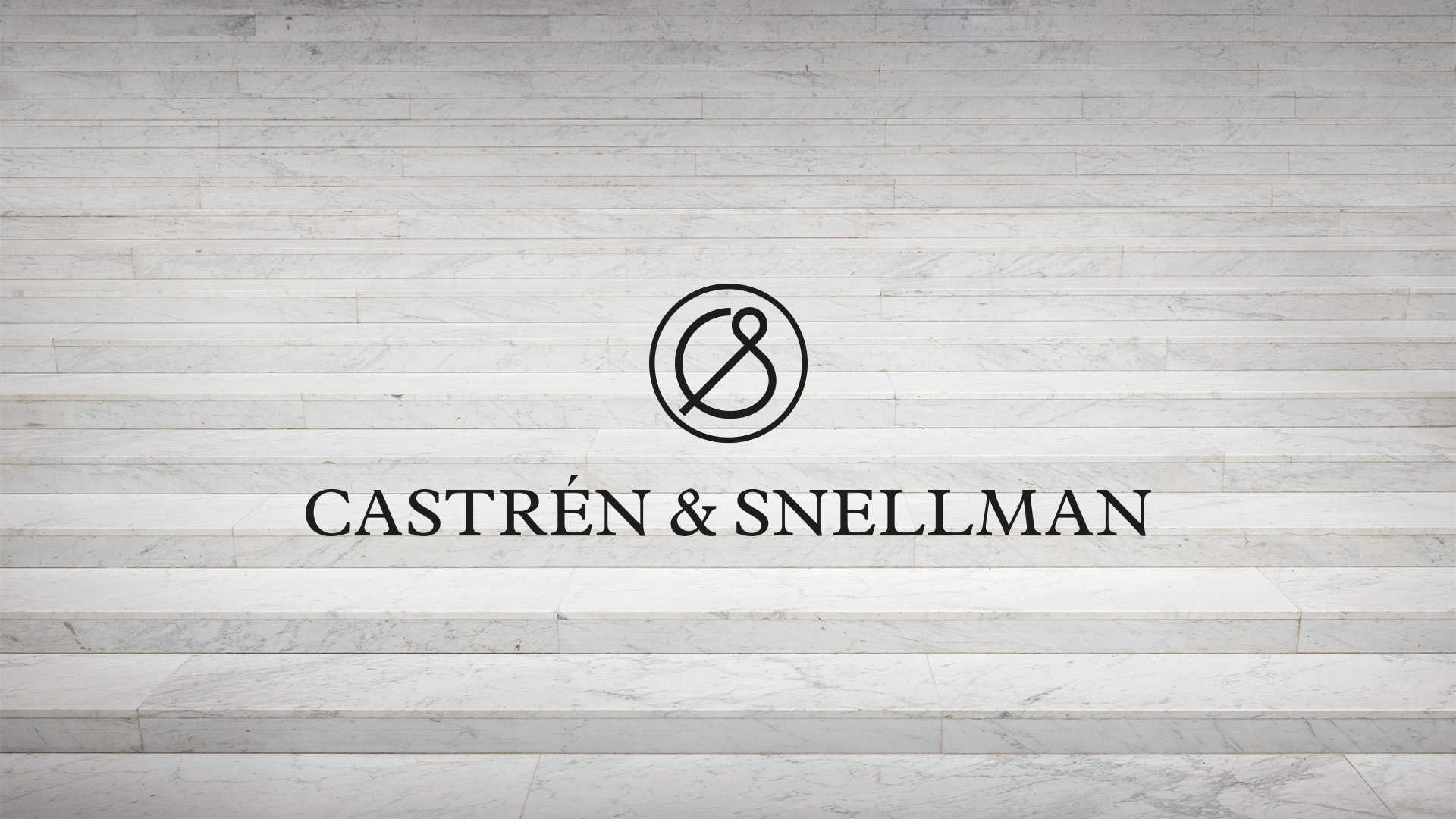In our previous post, we presented the first two of certain fundamental matters that need to be considered when preparing the shareholders’ agreement (SHA) for a startup. In this part, we will concentrate on exit and leaver situations and introduce a few essential clauses to ensure that you are ready for these changes.
A Well-Functioning Shareholders’ Agreement for a Startup 2/2

Related services
The ‘Leaver’ Situations
Every startup comes to a point where the honeymoon is over and some of the founders wish to find a ‘real job’ and leave the company. Also, as the business grows, the administration might need some reassessing. If the founders have their background in, say, engineering, they perhaps no longer have sufficient competence for managing the company alone.
The SHA should include provisions on what will happen if someone neglects their working obligation or other material provision of the SHA, or if a shareholder leaves the company. Under these kinds of circumstances, you want to avoid a situation where one of the shareholders quits their job straight after setting up a startup but still retains the right to their shares, the decision-making rights and the right to the dividends and proceeds those shares may entitle them to in the future.
As a precaution for a breach of working obligations, a contractual penalty clause is a must in the SHA. Another practical method is to agree that the other shareholders will have the right to redeem the shares of the breaching shareholder, e.g., on a predetermined price.
When drafting the terms concerning shareholders who leave the company, the concept of ‘leavers’ is useful. The company may, for example, terminate an employment relationship due to gross misconduct or dishonesty pursuant to the Employment Contracts Act, other legislation or an employment contract. This is a case of bad leaver. On the other hand, the termination may have been decided in consensus or due to grounds beyond the parties’ control, which constitutes a case of good leaver. In both situations, the other shareholders should have the right to redeem the shares of the leaving shareholder. However, a good leaver should receive the market price for their shares, whilst the price paid to a bad leaver tends to be heavily discounted.
Transfer of Equity Securities and Exit
To control the acceptance of new shareholders in your company, you should consider setting restrictions on the transfer of shares. Share restrictions are also commonly used to favour the existing shareholders. For instance, the existing shareholders should have a primary right to buy new shares issued by the company before they are offered to the public (pre-emptive right) or to buy shares that one of the shareholders has offered to sell (right of first refusal). In the latter option, a shareholder having received an offer from a third party must notify the other shareholders of the price and the other terms and conditions of the offer, allowing the existing shareholders to buy the shares first.
Other significant clauses in the SHA are drag-along and tag-along rights. The drag-along right applies when the majority of the shareholders wish to sell their shares or the business of the company. Based on this right, if the shareholders receive an offer that becomes accepted by the majority, the rest of the shareholders are forced to drag along and join the deal. Tag-along rights, on the other hand, mean that if the majority of the shareholders decide to sell their shares, the minority shareholders have the right to join the deal (tag along) on the same terms and conditions. The tag-along right is important especially for investors, who have, in the first place, invested in the principal business and do not wish to continue investing in the new owners.
Finally, it is extremely important that all the shareholders agree on when, how and for what price the business should be sold one day. These conditions should also be clearly stated in the SHA.
Confidentiality, Non-Competition and Non-Solicitation Clauses
Last but definitely not least, the SHA should include terms on confidentiality, non-competition and non-solicitation. These clauses can rightly be called the life insurance of a startup, and they exist to prevent serious damage to the company and its business.
The confidentiality clause protects all technical, financial, commercial and other information of the company that should not be disclosed. In turn, the non-competition clause forbids any secondary occupations that may compete or conflict with the company’s business. The non-competition clause must be reasonable and fair but comprehensive to protect the core business. The non-solicitation clause is closely related to the non-competition clause, as it prohibits shareholders from persuading the employees of the company (typically, the best programmers) to get involved in new, competing businesses.
All these restrictions should remain in effect for some time after the shareholder has left the company, regardless of the reason of leaving. Some investors, however, are allowed to have many portfolios in different businesses, also in businesses that are actually competing with each other. This may leave them in an exceptional position in which non-competition clauses do not apply. However, confidentiality clauses naturally do.
Conclusion
With a well-drafted SHA, you will be able to solve severe problems well ahead, even before they actually arise. Our advice is that the first thing to do when starting your company is to sit around a table with your co-founders and think these issues through. Preparing an SHA is significantly easier, quicker and cheaper when it is done at the beginning, compared to difficult negotiations later on when there is already a growing rift between the parties. The SHA protects the company when things don’t go as planned, and, as we all know, plans never go to plan. Preparing the SHA carefully takes a weight off your shoulders and leaves you free to concentrate on your business at full stretch.












